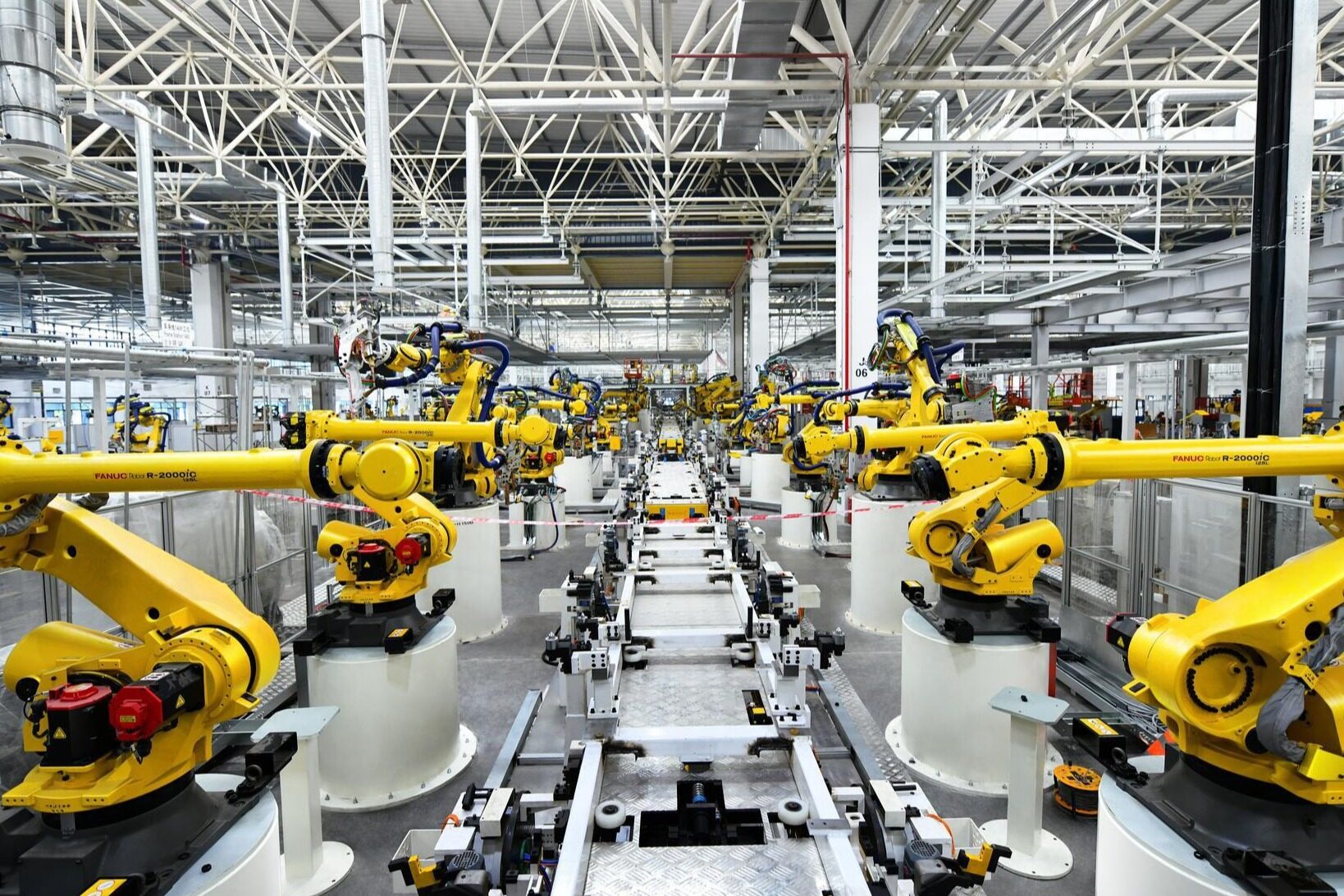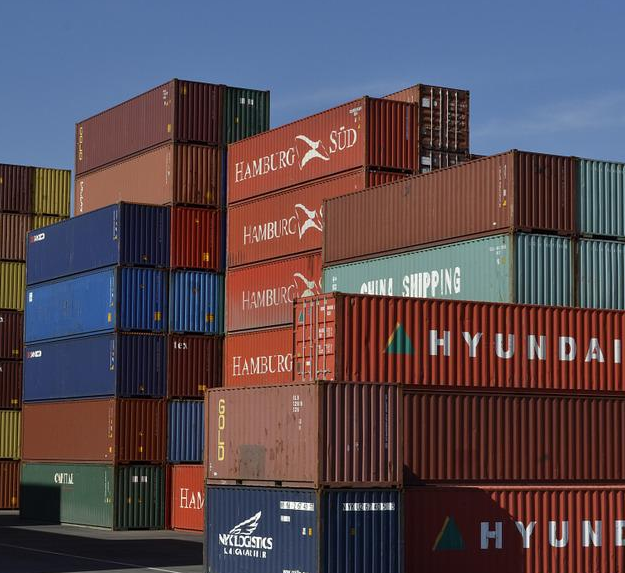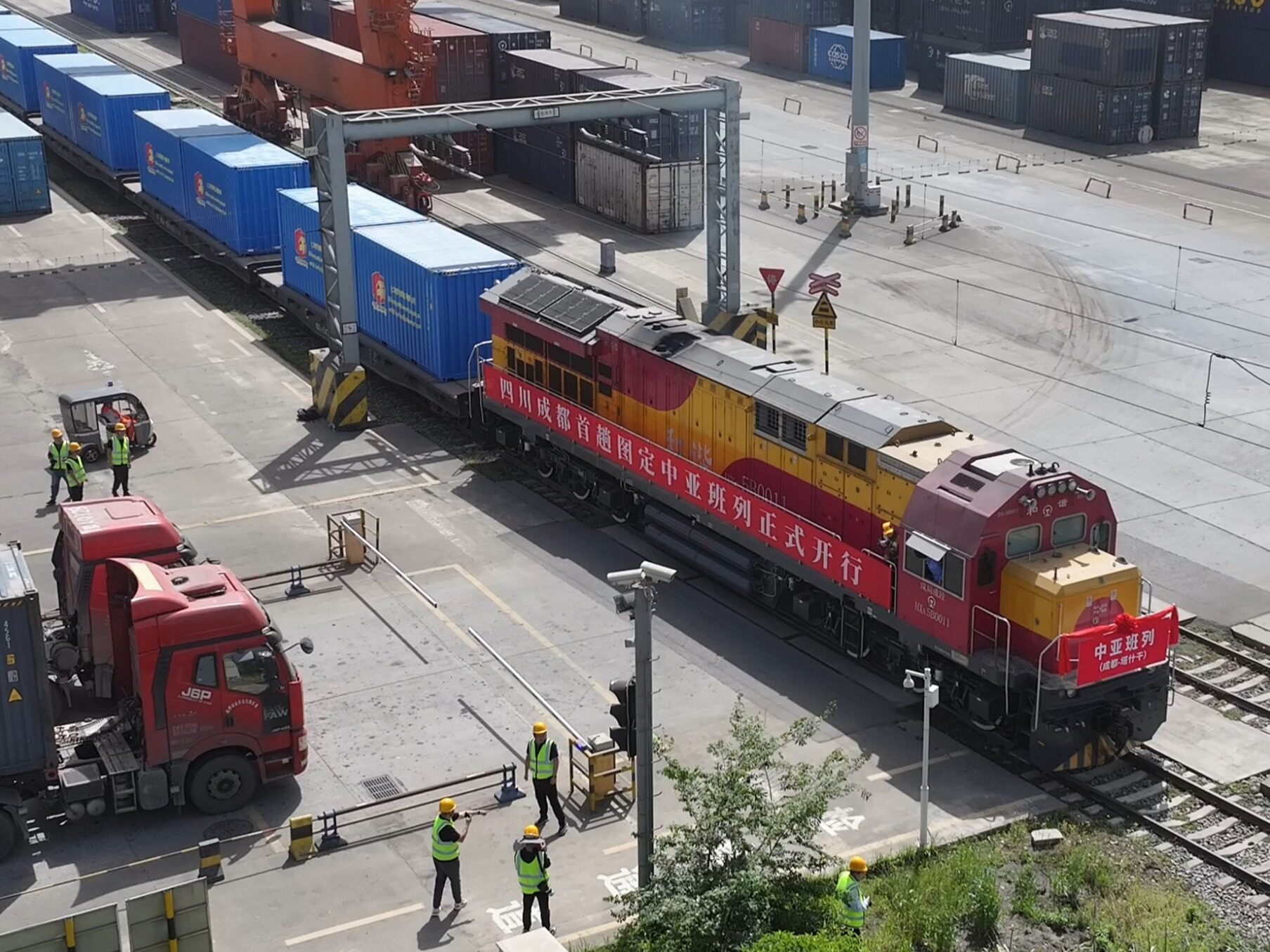- China is the Philippines' largest trading partner in 2021, with a total trade volume of US$38.34 billion
- The two sides plan to build a new platform to connect with new plans, and the agriculture, manufacturing, and service trade industries may benefit

Philippine President-elect Ferdinand Romulus Marcos said at the second China-Philippines Friendship Award ceremony that China is the Philippines' "most powerful partner" and that he will be committed to building "deeper, stronger” Philippines-China relationship. In general, China-Philippines economic and trade cooperation has achieved fruitful results in recent years, and we look forward to further strengthening cooperation and intensifying bilateral economic and trade exchanges in the future.
Expand the scope of cooperation
In recent years, China-Philippines economic and trade cooperation has continued to expand. Even in the face of the adverse impact of the COVID-19 epidemic, China-Philippines trade and investment cooperation has grown against the trend, fully demonstrating the strong resilience and huge potential of the economic and trade relations between the two countries. Statistics previously released by the Philippine Department of Trade and Industry show that in 2021, China will remain the Philippines' largest trading partner and largest source of imports, and will rise to become the Philippines' second largest export market.
This year, the total trade volume between China and the Philippines reached 38.34 billion US dollars, a year-on-year increase of 24.9%, accounting for 19.9% of the total foreign trade of the Philippines. At present, China is the Philippines' largest trading partner, second largest export market and major source of foreign capital. It is understood that during the epidemic prevention and control period, the two sides worked together to successfully promote the export of Philippine green coconuts, avocados, tuna and other agricultural and fishery products to China, which effectively promoted the export of local tropical fruits and the development of the food processing industry, and brought real benefits to the local people. Real income and benefits.

On March 30, 2020, 1,408 boxes of Philippine avocados totaling 7,656 kilograms arrived at Shanghai Waigaoqiao Port. This is the first time that Philippine avocados have been exported to China, and the Philippines has become the first country in Asia to export avocados to China. Not only that, in recent years, China and the Philippines have closely aligned the Belt and Road Initiative with the "big and special construction" plan, and have carried out nearly 40 inter-governmental cooperation projects, covering epidemic prevention, disaster relief, road and bridge, agricultural cooperation and many other fields. It is reported that in April 2022, the commencement ceremony of the Binodo-Wangcheng Cross-river Highway Bridge Project in the Philippines, aided by the Chinese government, will be held in Manila. The completion and opening of the bridge marks a new and significant progress in the connection between the Belt and Road Initiative and the Philippines' "big construction, special construction" plan, which will effectively promote local connectivity and promote the recovery of the Philippine economy and people's livelihood. The Binondo-Wangcheng Cross-river Highway Bridge connects the Binondo district, where Manila's Chinatown is located, and the Spanish city of Bangdo, which was built in the 16th century. It has two directions and four lanes. It is expected that the average daily traffic flow will reach 30,000 vehicles.
It is worth mentioning that in the face of the sudden epidemic, China and the Philippines stood with each other, and both sides provided support to each other at the first time. In February 2021, the first batch of Cushing vaccines aided by China to the Philippines arrived in Manila, helping the Philippines to conduct timely vaccination against COVID-19. China was the first country to provide the Philippines with vaccines, either through government donations or commercial purchases. In addition, China has provided anti-epidemic materials to the Philippines through various channels, dispatched medical expert teams for anti-epidemic, and facilitated the purchase and transportation of anti-epidemic medical materials from China to the Philippines.
Great potential for cooperation
The industry generally believes that China and the new crown pneumonia will further strengthen supply chain cooperation, develop digital trade, green trade and e-commerce, explore "two countries and two parks" cooperation, deepen cooperation on vaccines and epidemic prevention, promote the implementation of major projects, and promote regional economic integration. develop. Yuan Bo, deputy director of the Institute of Asian Studies of the Ministry of Commerce, said in an interview with a reporter from the International Business Daily that China and Africa have potential for cooperation in many fields: First, there is a huge potential for cooperation in agriculture. The Philippines is rich in agricultural resources, rich in tropical fruits such as bananas, pineapples, coconuts, and seafood such as fish and shrimp. These products are also the categories with relatively strong domestic consumption. In the future, the two countries can strengthen cooperation in the field of the Agreement on Sanitary and Phytosanitary Measures (SPS) to provide more convenience for the import of Philippine agricultural products into China.

At the same time, Chinese companies can also consider the Philippines' investment in agriculture and food processing industries, and make full use of local agricultural resources to carry out investment cooperation, which will also drive local employment and increase farmers' income.
Second, there is huge potential for cooperation and development in the field of service trade. The Philippines has outstanding advantages in human resources and tourism resources, and is also vigorously strengthening infrastructure construction. China and the Philippines can strengthen cooperation in labor services, tourism, education and training, and construction projects.
Third, there is also great potential for development in areas such as manufacturing investment and cooperation. At present, China's Fujian and the Philippines are promoting the construction of "China-Philippines two parks" economic and trade innovation and development demonstration parks, which will form a demonstration effect through the design of policies and systems in the future. In addition, China and the Philippines also have a lot of room for practical cooperation in the fields of semiconductors and electronics, agricultural processing and manufacturing, marine, energy, and oil and gas.Editor/XuNing
Comment
 Praise
Praise
 Collect
Collect
 Comment
Comment
 Search
Search














Write something~